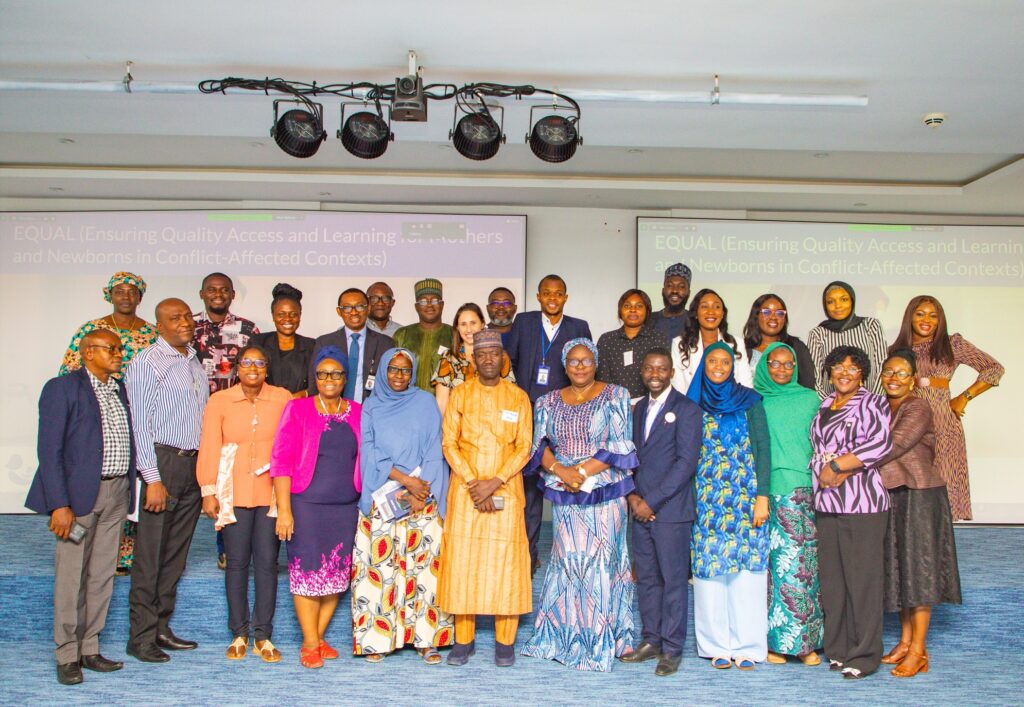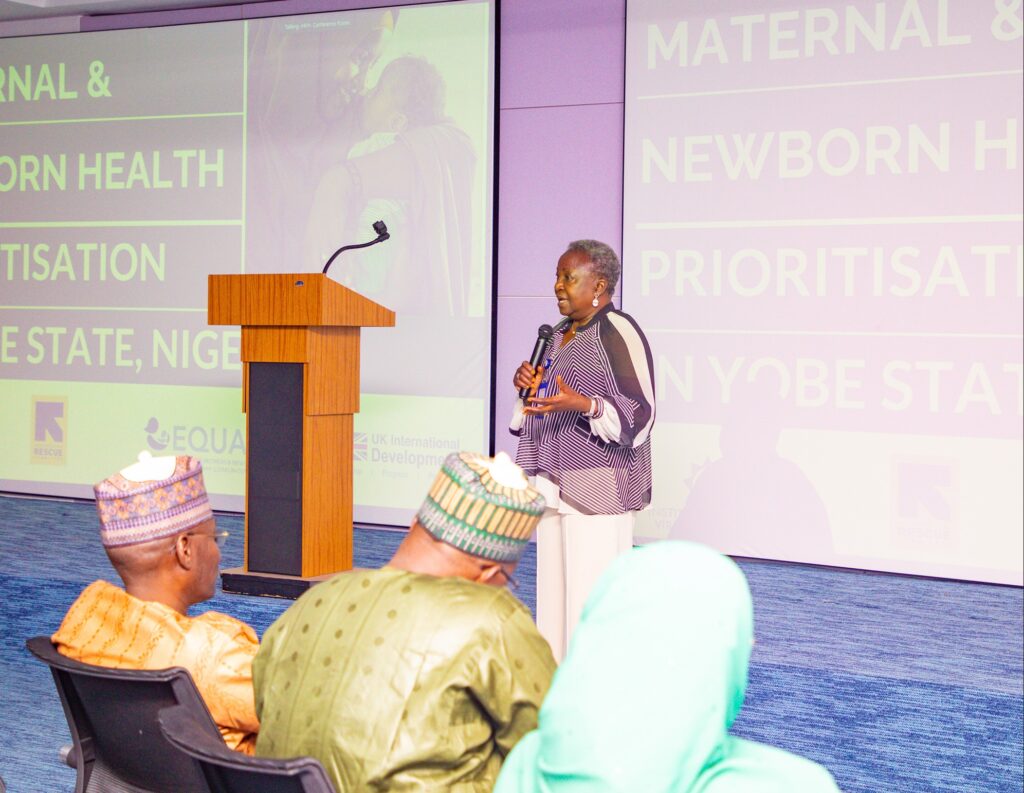Findings from the Ensuring Quality Access and Learning for Mothers and Newborns in Conflict-Affected Contexts (EQUAL) project being implemented by the Institute of Human Virology Nigeria (IHVN) have shown that gender, cultural, and religious beliefs affect care seeking for mothers and their babies.
EQUAL Principal Investigator in Nigeria, Dr. Emilia Iwu stated this at an event in Abuja organized by the project to disseminate research findings from key informant interviews and literature reviews.
“EQUAL project is funded by the UK International Development from the UK Government. The research is working to generate evidence on effective approaches for delivering life-saving maternal and newborn health (MNH) in countries affected by conflict. The duration of the project being conducted in Yobe State is from July 2021 to April 2026,” she said.
She added that findings have revealed that women encounter violence, sexual abuse, and limited healthcare access resulting in preventable maternal deaths and psychological stress.
“While MNH services are generally accepted, cultural norms such as women requiring spousal permission to access medical care and the religious beliefs that home births are divinely sanctioned hinder the timely seeking of maternal and newborn health services,” Dr. Iwu said.
She noted that despite existing maternal newborn health policies and initiatives in Yobe State, persistent challenges such as inadequate funding, equipment and health workers hinder effective implementation of the policies.
Dr. Iwu urged the government and partners to increase funding dedicated to free medical care to address inadequate financing and capped number of beneficiaries.
“Boko Haram insurgency in Yobe State has disrupted MNH services. There has been destruction of health care facilities, theft of medical equipment, displacement of staff, heightened risks of abduction and murder of health care workers.”
The Principal Investigator said that addressing determinants of care seeking through investments in the health system, creation of awareness, social behavior change and improved quality and coverage of care will improve access to health services by women and children.
Assistant Director of Education at the Nursing and Midwifery Council of Nigeria (NMCN), Mr. Tinbuak Yanai, who was also at the dissemination event, said that “Proper training and scaling up of training of health care workers will improve the health of mothers and newborn babies in Yobe state.”
Stakeholders from the National Primary Health Care Development Agency (NPHCDA), International Rescue Committee (IRC), Clinton Health Access Initiative (CHAI), Federal Ministry of Health (FMOH), Nursing and Midwifery Council of Nigeria (NMCN), USAID, Integrated Health Program (IHP) and others participated in the dissemination event.
The EQUAL consortium consists of partners such as the International Rescue Committee (IRC), the Institute of Human Virology Nigeria (IHVN), the John Hopkins Center for Humanitarian Health, the Somali Research and Development Institute (SORDI), and the Catholic University of Bukavu (UCB).



